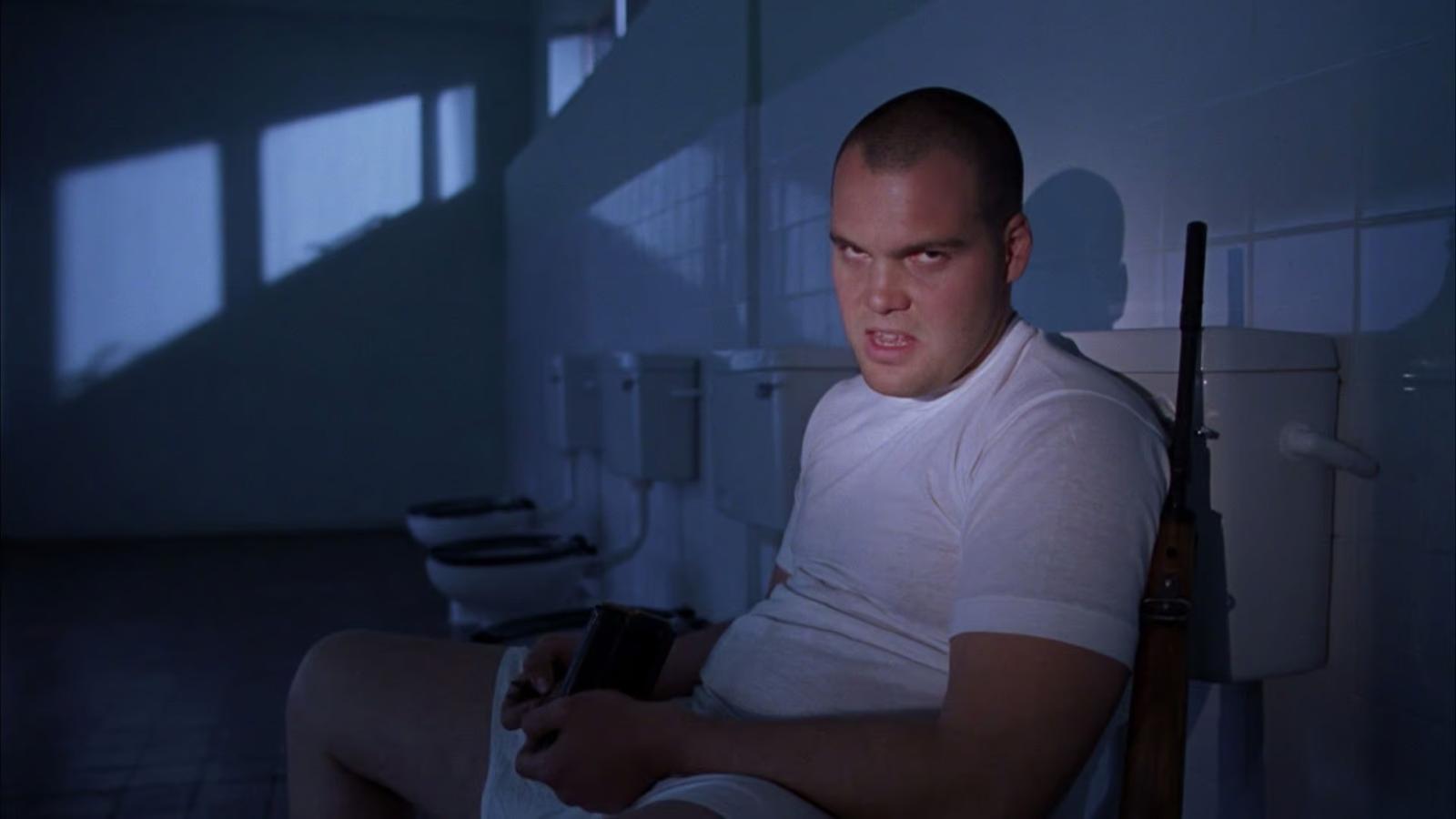Here's What Tarantino Really Thinks About Full Metal Jacket

Tarantino, for one, has never forgotten that opening night.
Before Full Metal Jacket became one of the most referenced war films ever made, Quentin Tarantino saw it on opening night—and it permanently changed how he viewed Stanley Kubrick.
"I knew who Stanley Kubrick was when I saw The Shining, but it wasn't until Full Metal Jacket that I really, really knew who Stanley Kubrick was," Tarantino said. "This was the first time I was completely plugged into exactly who he is, and a new one is opening, and I'm seeing it on opening night. That was the first time—and the only time—that ever happened."
Released in 1987, Full Metal Jacket was Kubrick's take on the Vietnam War, based on Gustav Hasford's novel The Short-Timers. It was Kubrick's first film in seven years, and like much of his work, it instantly divided audiences and critics—but left a permanent mark on cinema.

Tarantino praised not just the film itself, but Kubrick's ability to resist creative burnout.
"There's a time where there's just an excitement around a director... their new work is exciting, it's an event," he said. "And then it stops being an event. But Kubrick overcame that—because he didn't just keep making movies. He took his time."
Tarantino added that Kubrick's strategy was simple: "He lived a life. He devoted years into pre-production. And then however long it took to make the film. Each movie was a big deal. It was an artistic achievement—whether you accepted it or rejected it, it was what it was."
How Full Metal Jacket Performed
- Released: June 26, 1987
- Budget: Estimated $30 million
- Box Office: $120 million worldwide
- Critical reception: Mixed at the time, but grew significantly in stature over the years
- Oscar nominations: 1 (Best Adapted Screenplay)
Kubrick shot the entire film in England, even using an abandoned gasworks in London to stand in for war-torn Vietnam. The production was famously intense, with Kubrick reportedly doing more than 60 takes of some scenes. Actor R. Lee Ermey, a former Marine drill instructor who was originally hired as a consultant, impressed Kubrick so much that he was cast in a now-iconic role—and helped shape the tone of the entire first half of the film.
Tarantino didn't dissect the film's structure or legacy in detail, but his comments suggest Full Metal Jacket was a personal turning point—not just in how he viewed Kubrick, but how he thought about directors and artistic longevity.
"He wasn't just making a movie because he didn't know how to do anything else," Tarantino said. "It mattered. And that's rare."
Kubrick would make only one more film after Full Metal Jacket—Eyes Wide Shut—released 12 years later, in 1999, just months after his death. And yet, even with a sparse late-career output, his legacy still looms large.